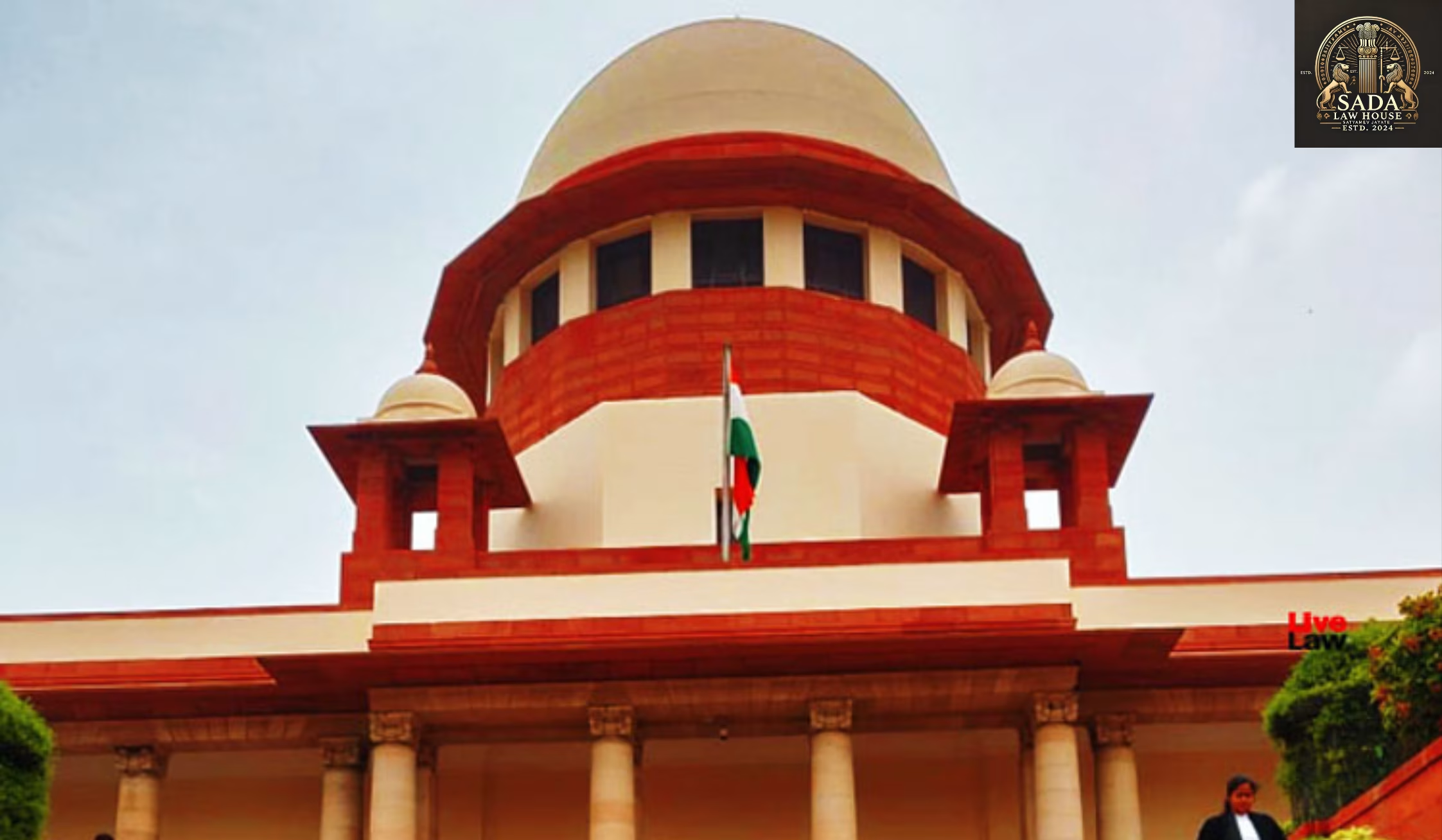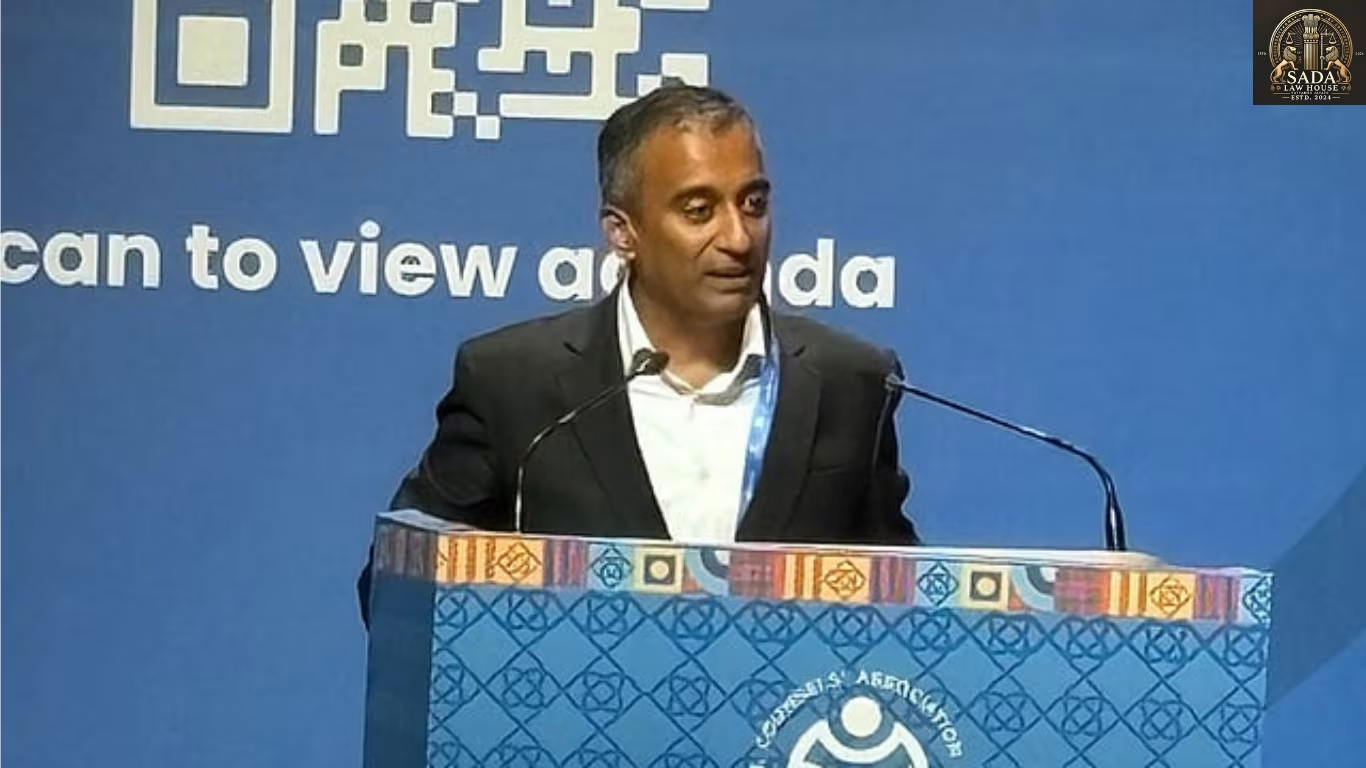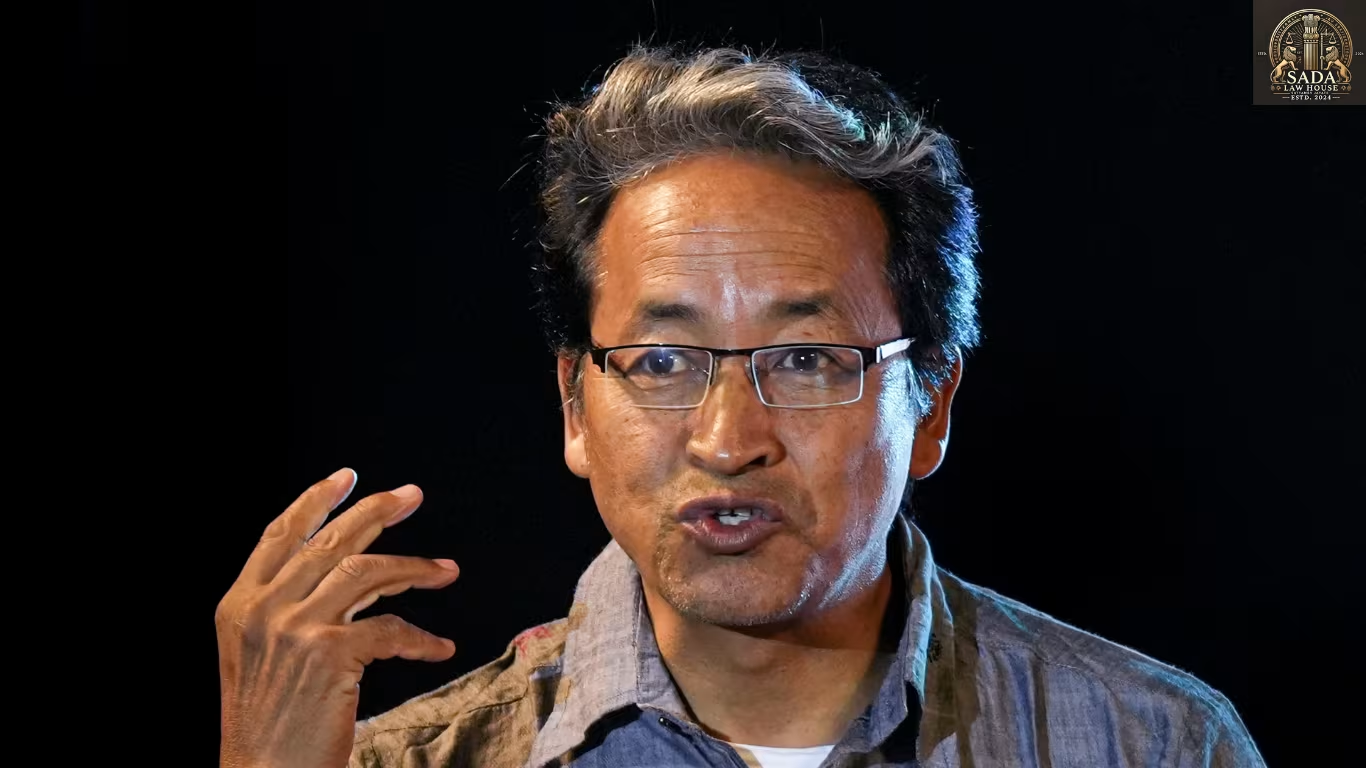Supreme Court Rejects Plea Against Assam’s Deportation Policy on Bangladeshi Infiltration
- PRABHAT KUMAR BILTORIA
- 04 June 2025

The Supreme Court of India has dismissed a plea challenging Assam’s controversial deportation drive targeting alleged illegal Bangladeshi immigrants. Here’s what happened in court and what it means for the region.
Writ Petition Against Assam’s Push-Back Policy Rejected
The Supreme Court of India has rejected a writ petition challenging the Assam government’s controversial “push-back policy,” aimed at curbing infiltration from Bangladesh. The bench comprised Justices Sanjay Karol and Satish Chandra Sharma.
Senior Advocate Sanjay Hegde, who represented the petitioner, was advised by Justice Sharma to approach the Gauhati High Court since the court was not inclined to entertain the plea. Subsequently, Hegde withdrew the petition, which was then officially dismissed.
Allegations of Due Process Violation in Deportation
The petition, filed by the All BTC Minority Students Association, accused the Assam government of forcibly deporting Indian citizens to Bangladesh under the guise of expelling illegal immigrants. According to the plea, individuals were being detained and transported without due legal procedures, violating fundamental rights.
February 4 Ruling Ordered Deportation of Verified Foreigners
Previously, on February 4, a different Supreme Court bench led by Justices Abhay S. Oka and Ujjal Bhuyan had directed the state to immediately deport 63 declared foreigners. Their Bangladeshi nationality had been confirmed by the Ministry of External Affairs and the Government of Bangladesh.
Petition Alleges Misuse of Court Order to Deport Indians
The new petition claimed that the Assam government was misapplying the February 4 judgment to indiscriminately detain and deport individuals without confirmation from the Foreigners Tribunal, nationality verification, or legal remedy exhaustion.
Constitutional Violations Cited by Petitioner
According to the appeal, the “Push-Back Policy” violated Articles 14, 21, and 22 of the Constitution of India. It also challenged the policy’s alignment with the Court’s ruling in In Re: Section 6A of the Citizenship Act, 1955. That landmark verdict upheld the constitutionality of Section 6A — a provision that acknowledges the Assam Accord.
Conclusion: Legal Clarity Needed Amid Rising Deportation Concerns
The Supreme Court’s dismissal of the plea against Assam’s deportation policy highlights a growing legal and humanitarian dilemma at India’s northeastern border. While the state government defends its actions as necessary to tackle illegal immigration from Bangladesh, critics argue that constitutional rights and due process are being compromised. As the debate around the “push-back policy” and the application of the Citizenship Act, 1955 intensifies, it becomes crucial for both judicial and administrative bodies to ensure transparency, legality, and respect for human rights. The involvement of tribunals, verified documentation, and clear policy execution are essential to uphold the values enshrined in the Indian Constitution.






